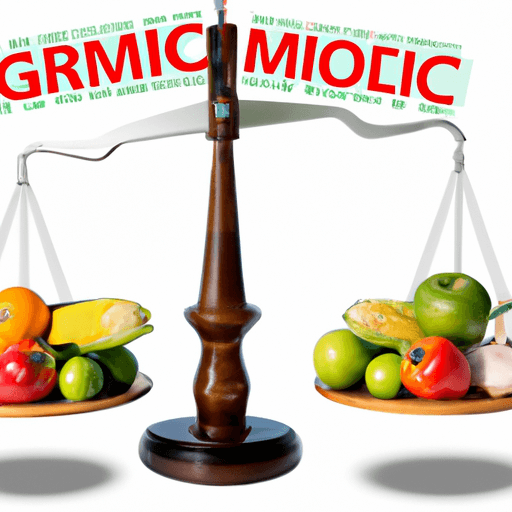In-depth Analysis: Impact of Genetically Modified Foods (GMOs)
Introduction: GMOs and Their Role in Society
Genetically Modified Organisms (GMOs) refer to plants, animals, and microbes that have been genetically enhanced through science. They have the potential to solve the serious issues of hunger and malnutrition, but they also bring about their own set of concerns.
GMOs and Health: A Scientific Perspective
There is a great deal of scientific studies that examines the effects of GMOs on health. Some say that items such as genetically modified corn can cause ailments such as kidney diseases and liver dysfunction. However, other studies argue that GMOs pose no more risk to human health than conventional food. One important question to answer is whether genetically modified foods cause allergies. This is still under debate, as more research is needed.
The Environmental Impact: Evaluation of Risks and Benefits
Genetically modified crops have been found to cause a reduction in biodiversity, notably through the decline of certain insects and weeds. On the other hand, GMOs have potential benefits, such as increased crop yields, which aid in reducing deforestation. Furthermore, genetically engineered crops are often more resistant to pests and adverse weather conditions, which can reduce the use of harmful pesticides.
Regulations and Policies
There have been numerous regulatory issues surrounding GMOs worldwide. While some governments have embraced GMOs, others have imposed strict regulations or even bans. It is, therefore, crucial for there to be transparency from food companies about the use of genetically modified ingredients in order for consumers to make informed choices.
The Stakeholder Perspectives: Farmers, Consumers, Scientists and Government Bodies
Farmers often view GMOs as a way to increase productivity and reduce costs, while consumers have concerns over the unknown long-term effects on health. Scientists are divided – some view GMOs as a revolutionary tool in the fight against world hunger, while others worry about unforeseen consequences. Government bodies play the key role of regulating GMOs, balancing benefits and potential risks.
Moral and Ethical Implications: Biodiversity and Food Security
While GMOs can increase food production and fight hunger, the potential harm to biodiversity is a major concern. Also, the constant use of single-crop GMOs can lead to unprecedented dependency, creating food security issues in the long-term.
Socioeconomic Issues Related to GMO Usage
The technology used to produce GMOs is primarily controlled by multinational corporations. The cost of these GMO seeds can push farmers into debt, particularly in developing countries where farmers cannot save seeds from their harvest to replant in the next season. Therefore, GMOs' impact on the economy and on social structures needs to be closely examined.
Conclusion
The impact of genetically modified foods is multi-faceted and complex. While there's potential value in enhancing food production, it's essential to carefully weigh this against health, environmental, and societal concerns.



















Comments
Leave a Comment